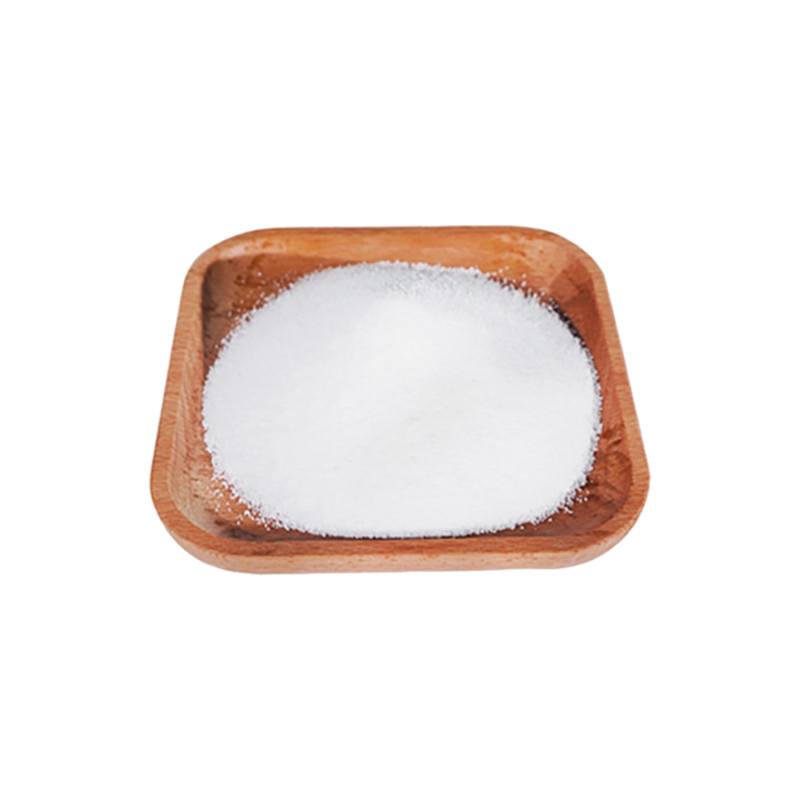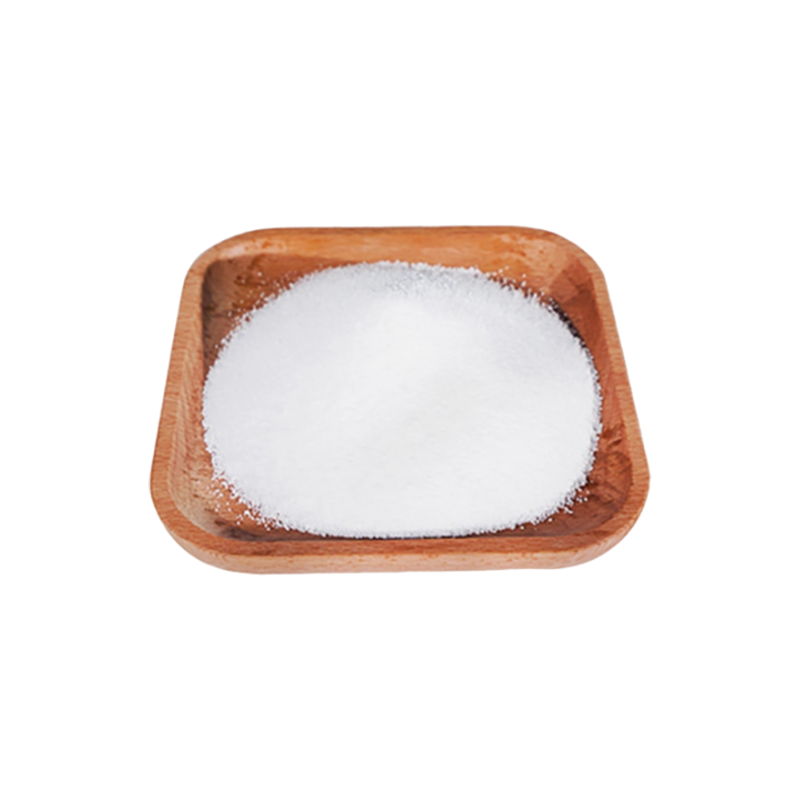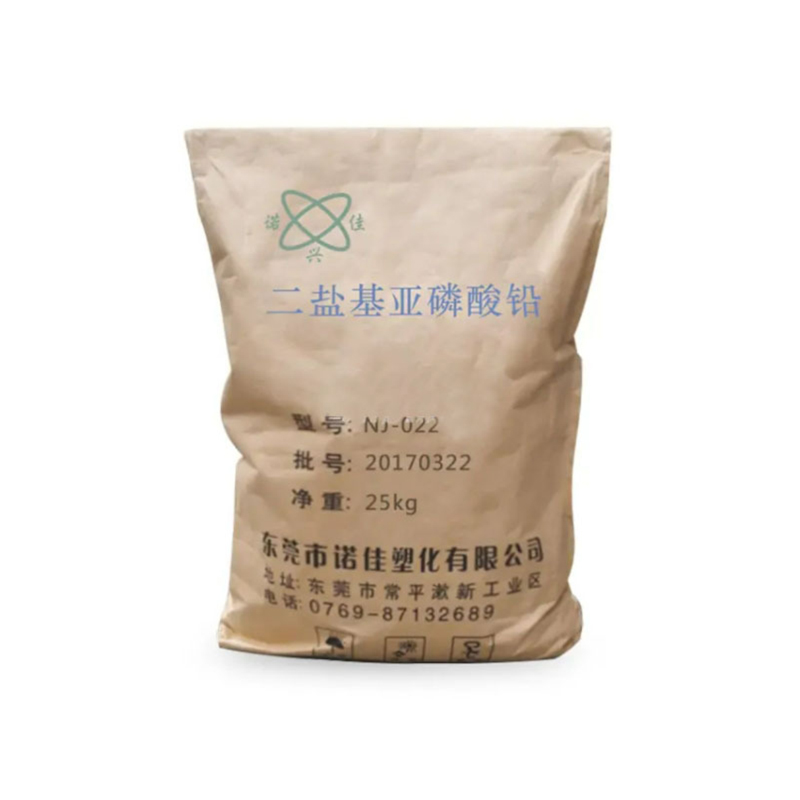Q
how to join cured epoxy resins
I'm a seasoned industrial engineer with a keen interest in machine learning. Here to share insights on latest industry trends.
I'm a seasoned industrial engineer with a keen interest in machine learning. Here to share insights on latest industry trends.
You May Like
Coats and Clark thread has been a staple in the sewing and crafting industry for many years, known for its reliability and wide range of colors. Their threads are made from both synthetic and natural fibers, catering to various sewing needs, from quilting to garment making. They offer a broad spectrum of types including all-purpose, embroidery, and heavy-duty threads, making them versatile for different projects. Most users report good experiences with the strength and durability of their threads, alongside minimal fraying. However, like any brand, some users may find specific types or batches that do not meet their standards. Overall, Coats and Clark thread is a good choice for both amateur and professional sewists looking for quality and variety.
Earth pigments, derived from natural clays and minerals, are widely used in various applications such as painting, cosmetics, and pottery. These pigments can be sourced from several places. Online retailers like Amazon, Blick, and Etsy offer a wide range of earth pigments in different colors and quantities. For those seeking high-quality, ethically sourced pigments, specialty stores like Natural Earth Pigments or Artisan Pigments are excellent choices. They not only provide a variety of colors but also detailed information about each pigment's origin and properties. Locally, some art supply stores might carry earth pigments, though the selection may be limited. Additionally, you can explore craft fairs and artisan markets where local artists often sell their own hand-mined and processed pigments. When purchasing, consider the intended use, as some pigments may be more suitable for specific applications than others.
Closing a PVC pool for the winter requires several steps to ensure its longevity and a clean, easy opening come spring. Begin by balancing the water chemistry a week before closing to prevent scale and corrosion—aim for a pH level of 7.4-7.6, alkalinity between 100-150 ppm, and a calcium hardness level around 200-400 ppm. Thoroughly clean the pool, removing all debris. Lower the water level slightly below the skimmer (for areas with harsh winters, more water may need to be drained to prevent freezing damage). Add a winterizing chemical kit according to the manufacturer's instructions to protect the water quality. Disconnect, clean, and dry all pool equipment including the pump, filter, and heater. If possible, store these items in a dry, frost-free environment. Lastly, cover the pool with a high-quality, tightly fitting pool cover to keep out debris and sunlight, reducing the chance of algae growth. Check the cover periodically throughout the winter for damage or displacement.
You May Like
Q&A
- •zircon works best in which finger
- •how much do 2×6 pvc board weigh
- •what has a lot of fiber
- •toxicity of pvc
- •what is polymer psm-1
Popular Information
- •Insufficient Benefits, China PE Market Price is Weak and Consolidated
- •Domestic aluminium industry seeks reduction in basic custom duty on critical raw materials
- •SHG movement takes firm grip in Nagaland
- •Dr. Karl-Martin Schellerer appointed as new Chairman of ECVM and VinylPlus
- •Vinnolit plans expansion of its chlorine and VCM capacity


















